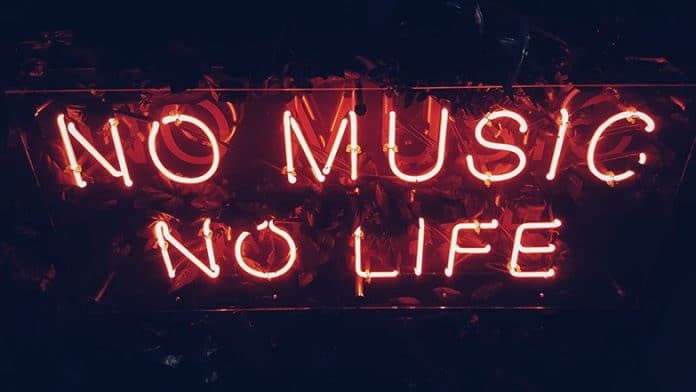My favorite time of the year is late May and early June since:
- the spring semester is over at IC,
- my kids are still in school, and
- the JimiLab crew is fresh and ready to rock.
However, this summer is a little different since we will be forced to be a “remote-first” operation due to the COVID-19 pandemic. Luckily for us, we have already been using many of the tech tools. These include:
- Slack for asynchronous communication
- Github for code collaboration
- Zoom for video chat
- Google Drive for notes, documents, forms, etc.
So the transition to fully remote collaborative work should be manageable. That said, there is no substitute for the comradery and excitement my students and I feel when we are all in the physical JimiLab space hashing out a future database schema on the whiteboard, paired debugging behind a shared keyboard, or going for a walk together to discuss research ideas. But remote-first is the new normal for the foreseeable future so we will have to make due if we are going to make progress as a team.
The other major way that COVID-19 has altered our summer plans is that it has effectively canceled all live music events. This is a problem since our major project, Localify.org, was designed to recommend live music events by local artists. To address this problem, we are going to pivot Localify.org to focus on recommending local artists regardless of whether or not they have upcoming local shows. We are also expanding our notion of “local scenes” to include college and university campuses with help from our friends at Quadio.
This may seem like a small change but it has also caused us to look at our codebase and see that we need it to become more flexible and extensible. It gives us a chance to build on what we build last summer and launch last November. This will include:
- Nic Wands will be refactoring his React-based frontend web UI with dynamic routes, item filtering & sorting, and better navigation,
- Vera Crabtree is in charge of a new and simplify API that focuses on passing Artist, Venue, Scene, User objects between the frontend and back end.
- John Hunter is developing new Wikipedia and Quadio scrapers to identify the origins of artists for our new scene-oriented recommendation focus.
- I am going to work on refactoring the core algorithms for personalized local artist recommendations, personalized Spotify playlists, and generic scene/city playlists.
- Lexie Thomas and Connor Shea are teaming up to do some market research and outreach planning.
- Vianca Hurtado is looking more into the socio-artistic-economic justification for Localify. (See her TAPIA 2020 workshop paper.)
- Michael Zhou is doing research on novel artist origin prediction work based on artist event histories.
- Derek Cheng is wrapping up on the relationship between acoustic similarity, song selection for playlists, and music recommendation before heading off to Amazon Music. (See his ISMIR 2020 Paper.)
- Joe Cleveland is exploring content-based acoustic music similarity using triplet networks for improving our playlist algorithms. (See his ICML ML4MD Workshop paper.)
- Tim Clerico who wrote the lion share of Localify backend last summer will continue to mentor and consult the team.
Our main goal is to get Localify back up and running by the end of July, do some serious user testing in August, and then relaunch publicly in early September as students return to campus. We also plan to publish papers on our work and already have three accepted papers (TAPIA 2020, ICML ML4MD 2020, ISMIR 2020) in the pipeline.
It is an ambitious summer with a big team. I am excited to see what we can accomplish with our remote-first constraint. We often focus on what resources we are missing or have been taken away from us due to COVID-19. All I can say is that I am lucky to have an enthusiastic and talented team of students that is ready to rock.
I am also blessed with many helpful collaborators (most notably Thorsten Joachims at Cornell and Shane Moore at the New York Times) who are always willing to work with my students at a moments notice. Finally, it might be cliché, but none of these summer opportunities would have been possible without the financial support from the National Science Foundation and the Ithaca College H&S Summer Scholars Program.
Time to rock,
Doug Turnbull
Note: Updated on July 13, 2020, to update the status of three recently accepted papers.
